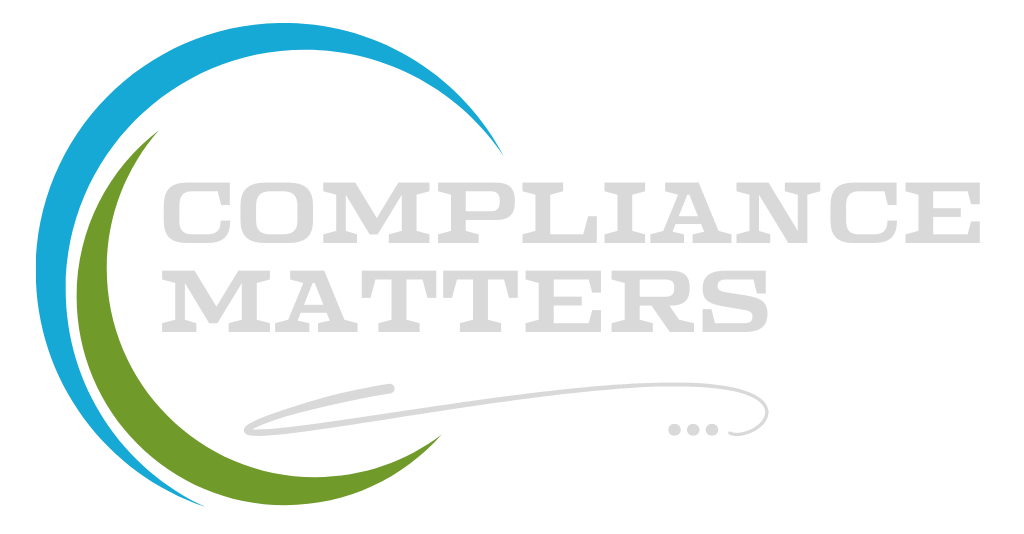Blood test proved breathalyser wrong
Employers have relied on breathalyser tests for many years. When the breathalyser yielded a positive test showing that an employee was “under the influence”, that employee was often dismissed, given the employer’s zero tolerance policy.
In the Samancor Chrome Ltd (Western Chrome Mines) v Willemse and Others the employee was subjected to no less than three breathalyser tests on two different breathalyser devices. The result was positive in all three instances, indicating that the employee had alcohol in his bloodstream.
The employee was adamant that he had not had any alcohol and therefore the breathalyser tests were wrong. He immediately went to his family doctor where a blood sample was taken and sent to a reputable laboratory for analysis. The blood test came back negative, showing that he did not have alcohol in his bloodstream.
Following a disciplinary hearing, the employee was dismissed in terms of the employer’s zero tolerance policy. The employee lodged an unfair dismissal dispute at the CCMA. The arbitrator accepted the evidence provided by the employee’s main witness, chemical pathologist Dr Jaco Broodryk, who was accepted as an expert witness.
Broodryk testified that “breathalyser tests were prone to give false positive results”. This evidence was corroborated by the employee’s family doctor. Broodryk further testified that breathalysers might generate false positive results under certain conditions such as when the subject had not eaten for more than eight hours or had eaten any substance containing yeast.
The arbitrator accepted this evidence, found the employee’s dismissal unfair, and retrospectively reinstated him. The employer took the arbitration award on review to the Labour Court. The Labour Court found that there was “no evidential basis to reject the evidence of Broodryk who stated that ‘in my honest opinion, I think that the breathalyser was false/positive’”.
The Labour Court therefore held that the arbitrator had correctly concluded that the blood test result was to be preferred to the three breathalyser tests.
In essence the Labour Court confirmed the arbitrator’s conclusion that the blood test was more reliable than the breathalyser test results, alternatively, that the blood test result was correct while the breathalyser tests were not. In a situation such as this one the employer bears the onus to prove that there is alcohol in in the employee’s bloodstream before dismissing him in terms of the zero tolerance policy.
Following this judgment employers should be careful in only relying on a breathalyser test result when the employee denies that he has been drinking.
Rather than rushing to dismiss the employee, it would be wise to have a blood sample taken and sent for analysis at a reputable laboratory before any disciplinary steps are taken.

